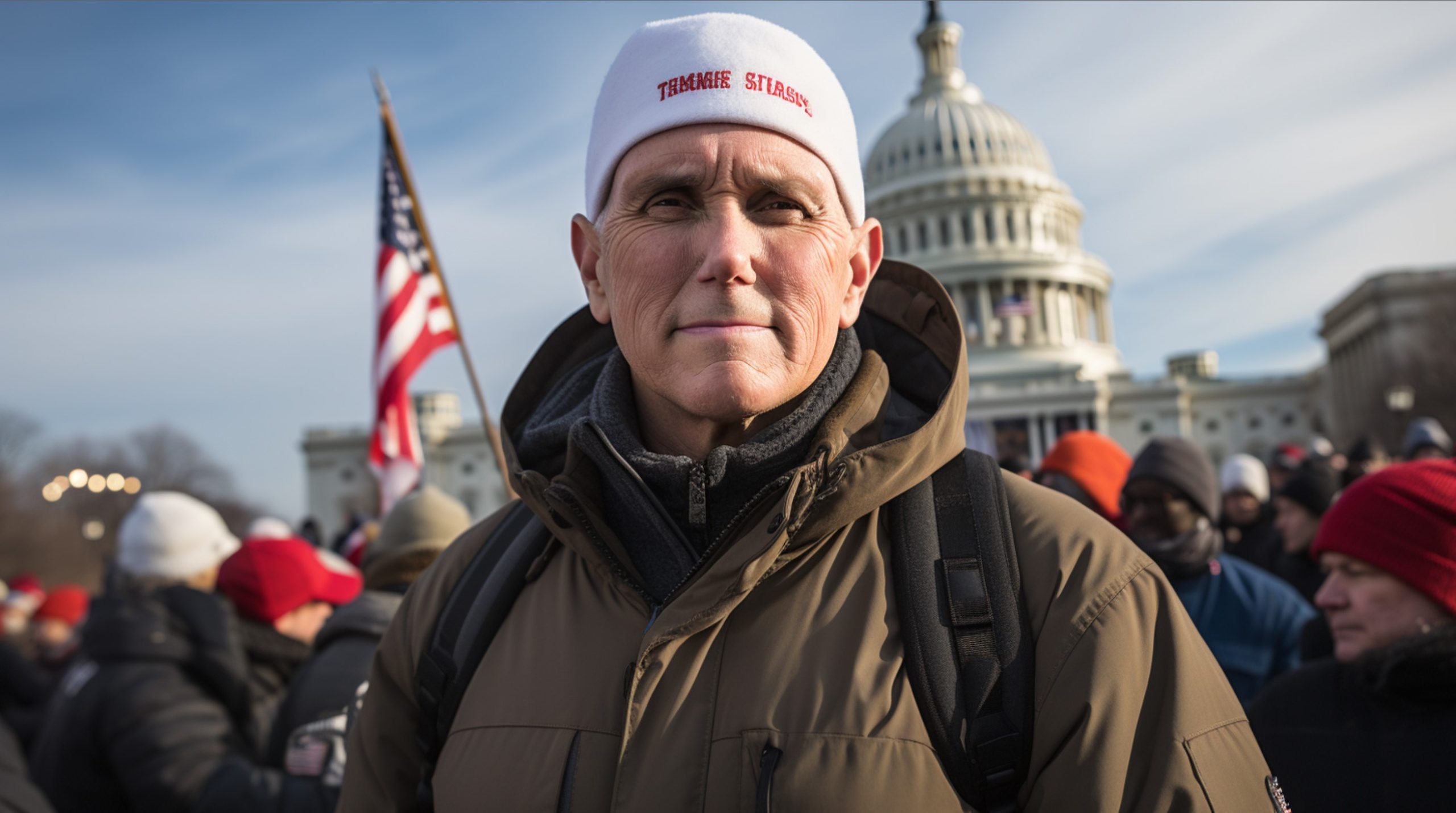
In a newly unsealed court filing released on October 2, 2024, U.S. prosecutors revealed explosive new evidence detailing Donald Trump’s wide-ranging efforts to overturn the results of the 2020 presidential election.
This new filing, part of Special Counsel Jack Smith’s ongoing case against the former president, includes both previously known and newly surfaced details that paint a clearer picture of Trump’s increasingly desperate maneuvers in the wake of his election loss.
Trump’s Knowingly False Claims of Election Fraud
The filing emphasizes that Trump knowingly pushed false claims of widespread voter fraud, despite repeated warnings from his advisors, legal team, and even his vice president, Mike Pence. Prosecutors presented evidence that Trump’s efforts went beyond mere rhetoric—he coordinated with a group of allies and private individuals in an organized attempt to pressure state officials and manipulate the electoral process. For instance, Trump pursued fraudulent slates of electors in key battleground states that he lost, such as Michigan and Arizona. In these states, Trump and his team sought to submit fake election certificates to make it appear that he had won.
Pressuring Pence and Other Key Officials
Trump’s interactions with Mike Pence are central to the case. According to the filing, Trump repeatedly pressured Pence to block the certification of Joe Biden’s victory, a move that Pence refused to make, stating it was unconstitutional. Trump’s frustration with Pence culminated in the events of January 6, 2021, when a mob of his supporters stormed the U.S. Capitol. While Pence was being evacuated to a secure location for his safety, Trump allegedly dismissed the danger, reportedly saying, “So what?” when informed that Pence was at risk.
In addition, Trump’s pressure campaign extended to state officials, where he attempted to sow confusion and incite chaos at polling places. One notable incident in Detroit saw a Trump campaign worker trying to provoke a riot at a vote-counting center.
Building a Case Ahead of Trial
The 165-page document offers the most comprehensive outline yet of the evidence that Special Counsel Smith intends to use at trial, should it proceed. Among the revelations, witnesses reportedly heard Trump tell his family that it did not matter whether he won or lost the election—he would “fight like hell” to stay in power regardless. This speaks to the intent behind his legal and extra-legal maneuvers, making clear that Trump’s actions were not rooted in concerns about election integrity, but in a will to retain power by any means necessary.
Legal Implications and Next Steps
Prosecutors argue that Trump’s actions were not protected by presidential immunity because they were undertaken in his capacity as a candidate for re-election, not as president. This is a key point in Special Counsel Smith’s argument, as it seeks to counter Trump’s defense, which has relied on broad claims of immunity for actions taken while in office.
With the 2024 election on the horizon, this case continues to unfold, adding new layers to the legal challenges Trump faces as he seeks another term in office. If convicted, these charges could have serious implications for his political future, although Trump and his legal team maintain that the prosecution is politically motivated.
This latest filing provides crucial insight into the scope and scale of Trump’s post-election actions, laying bare the extent of his efforts to subvert the democratic process. As the legal process continues, the details of these events will likely play a pivotal role in shaping public perception and the outcomes of the trials ahead.
